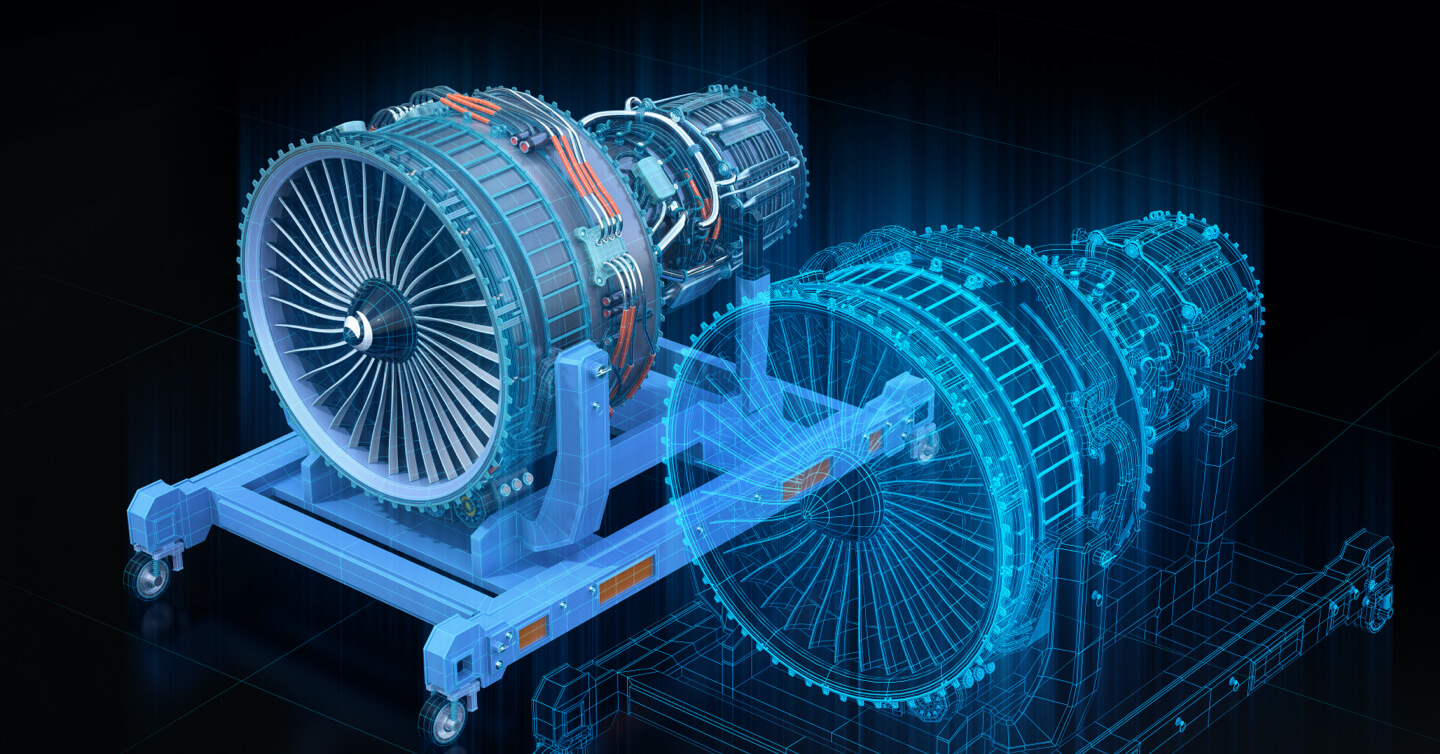Bill Papapostolou
Using computational fluid dynamics to investigate fuel ignition.
Email: v.s.papapostolu1@ncl.ac.uk
Supervisors
Project description
Fuel efficiency and reduced emissions are ever important challenges. We are investigating fuel ignition in a variety of forms. such as premixed, inhomogeneous, and droplets. Fuel type, the ratio of fuel to air, and local turbulent conditions govern ignition and combustion. They hold the key towards improving future spark ignition engines, which will be in use until well after 2050.
We are using a computational fluid dynamic approach to investigate the underlying physics. Computational fluid dynamics investigates the flow of fluids by solving the governing equations. It offers invaluable insights into complex phenomena such as combustion. Such insights are extremely hard to achieve in experiments.
This study will make use of Direct Numerical Simulation (DNS). DNS provides numerical solutions to the Navier-Stokes equations. The solutions are high fidelity and do not need to apply turbulence models. DNS evaluates turbulent flows. It resolves all temporal and spatial scales of turbulence, from Kolmogorov to integral length scales. Thus, it is the most accurate method of studying turbulent reacting flows. Using DNS, it is possible to perform ‘numerical experiments’. Thus, we are able to extract information and data which would not be feasible to obtain from an experiment. This allows for a more detailed understanding of the phenomena. The only significant drawback of DNS is its computational cost when compared to other computational fluid dynamic methods.
Publications
- Papapostolou VS, Turquand d'Auzay C, Ozel Erol G, Chakraborty N. Edge flame propagation statistics in igniting mono-disperse droplet-laden mixtures. Physics of Fluids 2019, 31(10), 105108.
- Turquand d'Auzay C, Papapostolou V, Ahmed SF, Chakraborty N. On the Minimum Ignition Energy and its transition in the localised forced ignition of turbulent homogeneous mixtures. Combustion and Flame 2019, 201, 104-117.
- Papapostolou V, Chakraborty N, Klein M, Im HG. Statistics of Scalar Flux Transport of Major Species in Different Premixed Turbulent Combustion Regimes for H2-air Flames. Flow, Turbulence and Combustion 2019, 102, 931–955.
- Papapostolou V, Chakraborty N, Klein M, Im HG. Effects of reaction progress variable definition on the Flame Surface Density transport statistics and closure for different combustion regimes. Combustion Science and Technology 2019, 191(8), 1276-1293.
- Papapostolou V, Chakraborty N, Klein M, Im HG. Statistics of scalar flux transport of major species in different premixed turbulent combustion regimes for turbulent H2-air flames. In: Turbulent Heat and Mass Transfer (THMT-18). 2018, Rio de Janeiro, Brazil: ICHMT.
- Papapostolou V, Wacks DH, Chakraborty N, Klein M, Im HG. Enstrophy transport conditional on local flow topologies in different regimes of premixed turbulent combustion. Scientific Reports 2017, 7, 11545.
- Papapostolou VS, Wacks DH, Klein M, Chakraborty N, Im HG. Distributions of flow topology and enstrophy in different turbulent premixed combustion regimes: a direct numerical simulation investigation. In: 16th International SIAM conference on Numerical Combustion. 2017, Orlando, FL, USA: Society for Industrial and Applied Mathematics.
- Turquand-d'Auzay C, Papapostolou V, Ahmed SF, Chakraborty N. Effects of biogas composition on the edge flame propagation in igniting turbulent mixing layers. In: 11th Mediterranean Combustion Symposium. 2019, Tenerife, Spain: International Centre for Heat and Mass Transfer.
- Turquand d'Auzay C, Papapostolou V, Ahmed SF, Chakraborty N. Effects of turbulence intensity on the minimum ignition energy for the localised forced ignition of homogeneous mixtures. In: 37th International Symposium on Combustion. 2018, Dublin, Ireland.
- Herbert A, Kosaka H, Bohm B, Dreizler A, Chakraborty N, Papapostolou V, Im HG, Hasslberger J, Klein M. Evaluation of flame area based on detailed chemistry DNS of premixed Hydrogen-Air flames in premixed turbulent flames in different regimes of combustion. In: 12th International ERCOFTAC Symposium on Engineering Turbulence Modelling and Measurement (ETMM12). 2018, Montpelier, France.
- Chakraborty N, Papapostolou V, Wacks DH, Klein M, Im HG. Generalised Flame Surface Density statistics conditional on flow topologies for turbulent H2-air premixed flames in different regimes of combustion. In: 12th International ERCOFTAC Symposium on Engineering Turbulence Modelling and Measurement (ETMM12). 2018, Montpelier, France.
- Chakraborty N, Papapostolou V, Wacks DH, Klein M, Im HG. Generalized flame surface density transport conditional on flow topologies for turbulent H2-air premixed flames in different regimes of combustion. Numerical Heat Transfer; Part A: Applications 2018, 74(7), 1353-1367.
- Turquand d'Auzay C, Papapostolou V, Ahmed SF, Chakraborty N. Transition the minimum ignition energy for the localised forced ignition of turbulent homogeneous mixtures. In: 12th International ERCOFTAC Symposium on Engineering Turbulence Modelling and Measurement (ETMM12). 2018, Montpelier, France.
Interests
Combustion modelling, Blockchain and cryptocurrency.
Qualifications
- Bachelors Degree in Mechanical Engineering from Newcastle University
